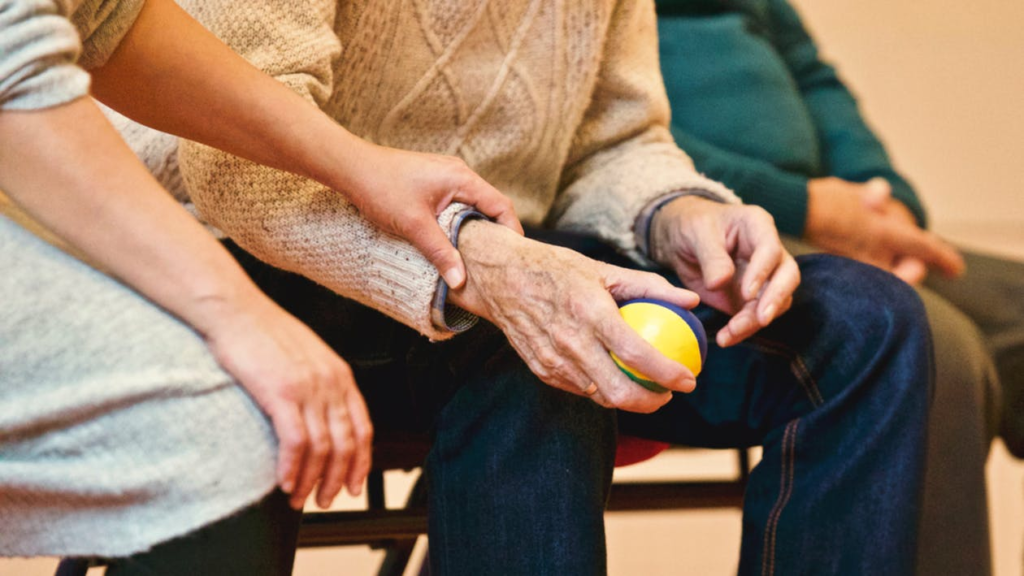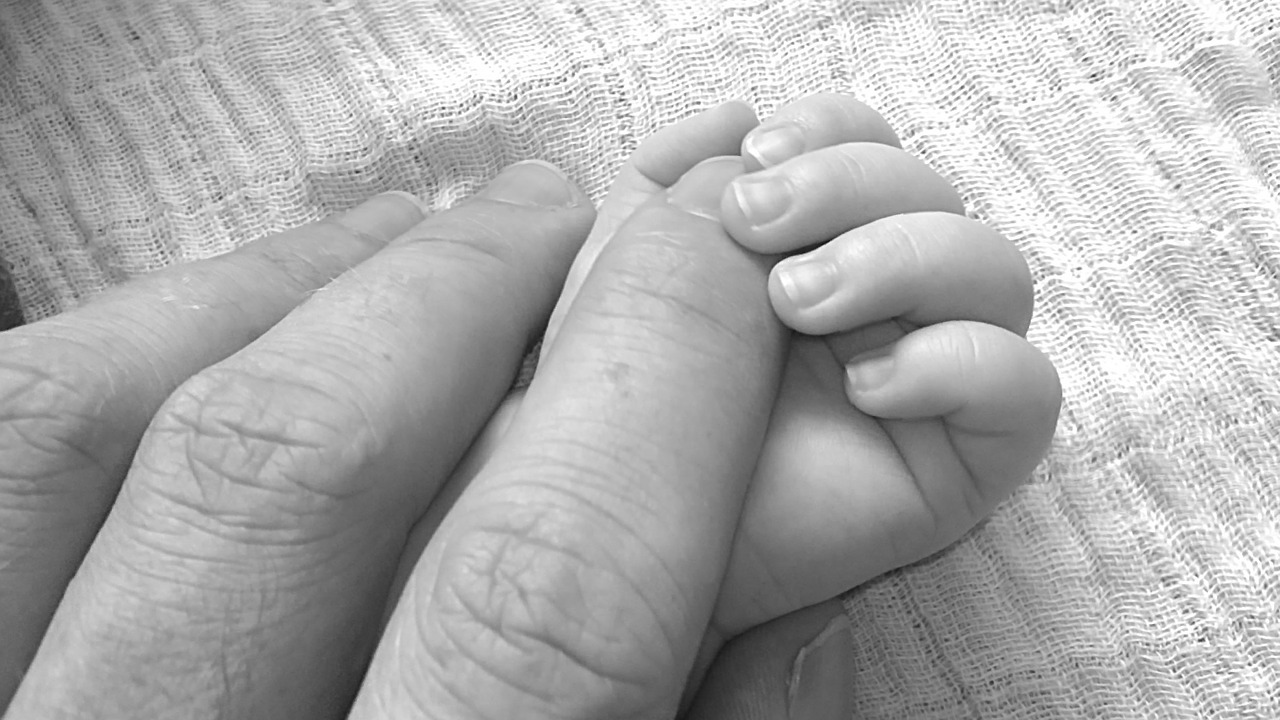Where To Get Help If You Think You Or A Loved One Is Living With Dementia
If you’ve noticed that either you or someone close has been showing the early symptoms of dementia you should encourage them to go and speak to their GP and talk about the possibility that you or they could be developing dementia.

If you’re unsure of the symptoms you can find them in our ‘7 Red Flags Of Early Onset Dementia’ here.
What is Dementia?
You might be thinking ‘but what is dementia?’ Dementia occurs when nerve cells in the brain begin to die. As more and more cells disappear the brain begins to shrink, causing the symptoms of dementia, which disrupts your memory, thinking, problem-solving and changes in your overall mood.
How to tell someone you think they’re showing signs of dementia
You may not want to hurt your loved one’s feelings or are worried that if you mention your concerns they’ll be offended or angry. It’s important to know, however, that even though there’s no known cure for dementia if it’s detected early, then in some cases its progression can be slowed down through certain treatments.
The Alzheimer’s Society suggests that you do the following when approaching someone with your concerns:
- Choose to have the conversation in a place that’s in a familiar environment.
- Explain that you’re bringing up your concerns because you care and that it was important for you do so because communicating is important.
- Use examples to make things clearer: it’s important not to create a sense of “blame”, for example, instead of telling someone they couldn’t make a cup of tea, you could suggest that they seem to find it difficult to make a cup of tea.
- Have an open conversation and be honest and direct – for example, ask how they’re feeling about their memory.
- Make a positive plan of action together.
What to expect when speaking to your GP about early onset dementia?
A dementia diagnosis is usually given after a GP has ruled out all other possible conditions. The GP will examine you or your loved one and will run a series of assessments and tests to see whether there are any other reasons as to why the symptoms might be occurring.
It’s possible that the symptoms could be related to the current medication being taken, deficiencies in vitamins and minerals or a urinary infection.
After ruling at all other avenues and seeing a slow progression of symptoms that get worse over time than a diagnosis of early onset dementia may be made. If so a referral may be made to a Memory Service who will provide an assessment, diagnosis and ongoing support and information for you and your carers. (please bear in mind this will be different to the area you live in).
Will everything be ok?
In upsetting circumstances such as these, the best thing to do is keep an open flow of communication with your family, friends, and GP. Your GP will give the best advice on available treatments and methods to help slow the onset of dementia and your friends and family will give you the emotional support you need.
You may find our article, ‘5 Simple Tricks To Stop The Onset Of Dementia’ of importance so please click to find out more here.
Unfortunately, people with dementia have a greater propensity to fall over frequently. Our Camel Lifting Cushion allows the person who has fallen to be lifted safely, quickly and keeps the associated stress to a minimum. The cushion is designed to allow the person living with dementia to be able to stay at home by giving their caregivers the aids they need to keep them safe.
If you’re interested in finding out further information regarding the Camel please click here.












